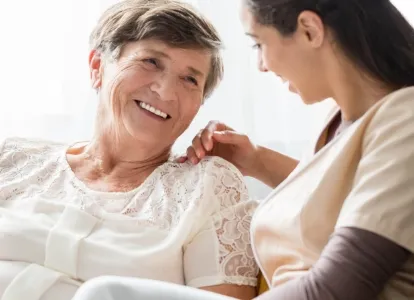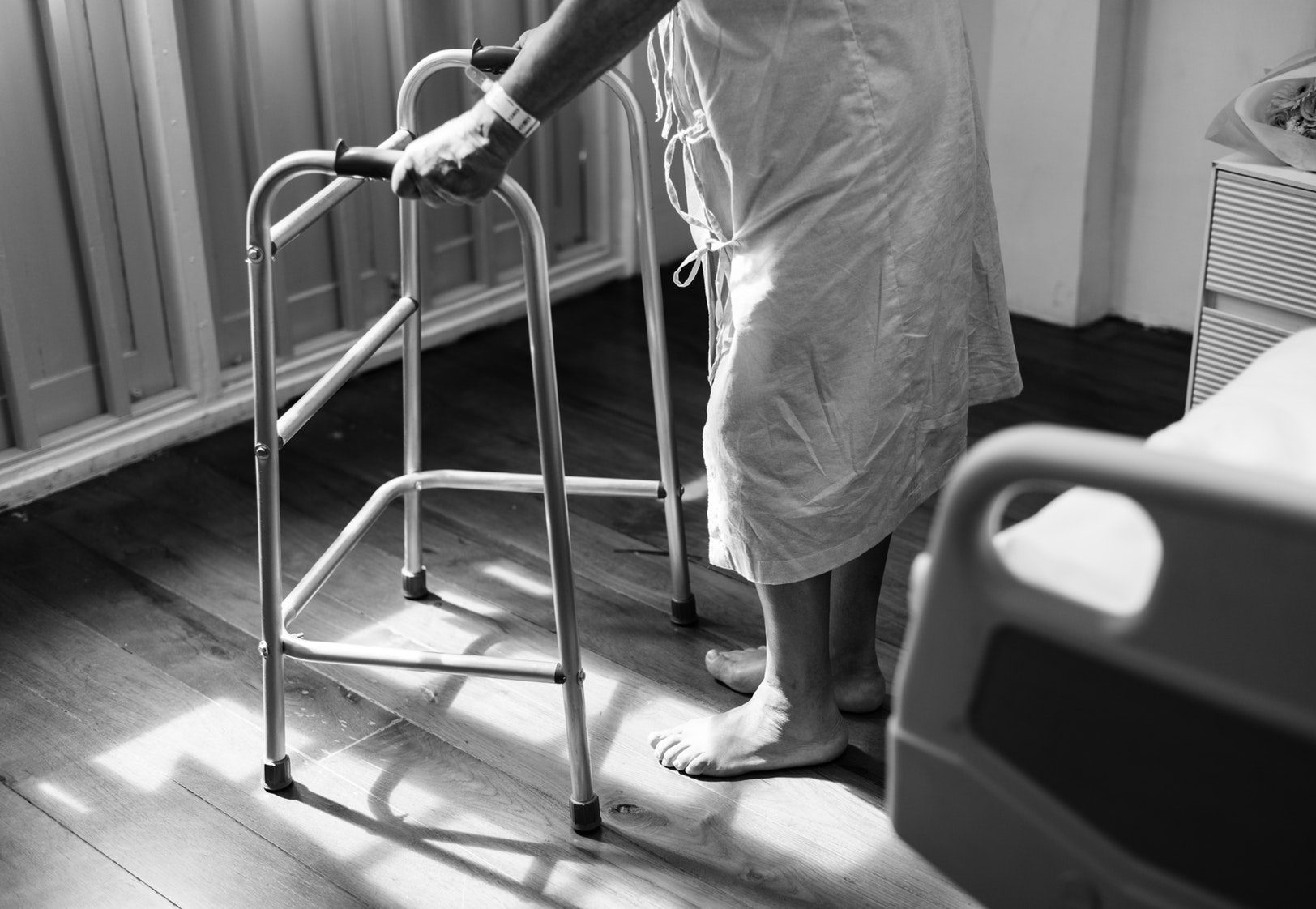Home Medical Equipment That Seniors May Need
It’s inevitable that, as one ages, so does one’s need for constant health monitoring and maintenance increase. Elderly people are not as strong as they were in their younger years. Which is why they need their health to be regularly checked and protected at all costs, even in the comfort of their own homes.
There is a vast array of health conditions or diseases that develops as we age, ranging from musculoskeletal problems to disorders that target the immune system, and this can significantly impact one’s quality of life and his or her ability to live independently.
Good thing today’s technological advancements provide seniors with countless opportunities to improve their way of life, that is, through home medical devices and equipment. Many of such tools can be recommended by a health-care professional. You can install or secure particular pieces of equipment that you think can help an elderly loved one deal with his or her declining capabilities.
Range of Motion, Mobility, and Stability
One of the many challenges that most seniors face is dealing with fragile bones. Since their bones and muscles have weakened over the years, elderly people are often at risk for falling. This is especially dangerous for people who have osteoporosis. Since their bones are less dense and, thus, more prone to injuries and fractures.
Even when seniors are still able to walk, mobility aids ensure additional safety. As caregiver or a family of a senior, you can secure safety aids such as canes, walkers, and wheelchairs. You can also have bathroom safety measures installed. For example, grab bars, shower benches, and nonslip mats.
Activities of Daily Living
Even simple tasks like eating or dressing up can be difficult for elderly people. Especially when they are suffering from conditions such as osteoarthritis or Parkinson’s disease, which affect both their coordination and their movement. Keep their ADLs in mind when looking for ways to make your home as elderly-friendly as possible.
For example, you can replace their kitchenware with easy-grip silverware and containers and provide grab sticks to help them reach from tall places. As with clothing, invest in new ones that don’t require zippers, buttons, or ties. Velcro strap shoes and waistband pants are great pieces to start with.
Health Monitoring
Aging does not only slow down the body, but also makes it more susceptible to long-term diseases. According to the National Council on Aging, about 80 percent of people aged sixty-five and older have at least one chronic condition. 68 percent of them have two or more. The good news is that such diseases can still be prevented. If they already exist, be properly managed to better one’s quality of life.
Quite simply, the key to preventing an existing condition to worsen is constant health monitoring. For seniors, a noninvasive blood pressure (nibp) home monitor provides huge help in measuring and recording blood pressure readings over time. Doctors often advise their elderly patients, especially those who suffer or are at risk for hypertension. It will keep track of and record their blood-pressure readings to help them assess their condition and the treatments they administer.
When choosing a blood-pressure monitor, make sure that you are buying the type with adult-sized NIBP cuffs. You can always take your device to your next doctor’s appointment so he or she can validate whether or not it’s a good buy, as well as teach you how to properly use your device at home.
Diabetes is also one of the most common chronic illnesses among seniors. It can also be easily monitored with the help of a glucometer. This is a portable device that measures one’s levels of glucose, or blood sugar. Your doctor may require you to regularly check your glucose levels if you are taking insulin shots to control your diabetes.
In Case of Emergency
Families and caregivers often worry when they can’t be there for their elderly loved ones all the time. Especially since these people are at higher risk for falls and other medical emergency cases, such as heart attack or stroke.
To protect the elderly from such accidents, installing a medical alert system in their homes can greatly help alleviate that worry. Basically, this system involves three main components: a small radio transmitter, which is usually a button worn by the patient; a console connected to the user’s telephone line; and an emergency response station that monitors and answers calls. Once a call has been made, the monitoring center then notifies the concerned family members about the incident right away.
Unfailing Support
At this point in their lives, many seniors can easily fall into depression or other mental health problems. No medical equipment may be able to specifically counter such conditions. What we should always provide them, regardless of a mental health condition, is our never-ending support and love. It’s one thing that they will surely appreciate more than anything.





No Comments